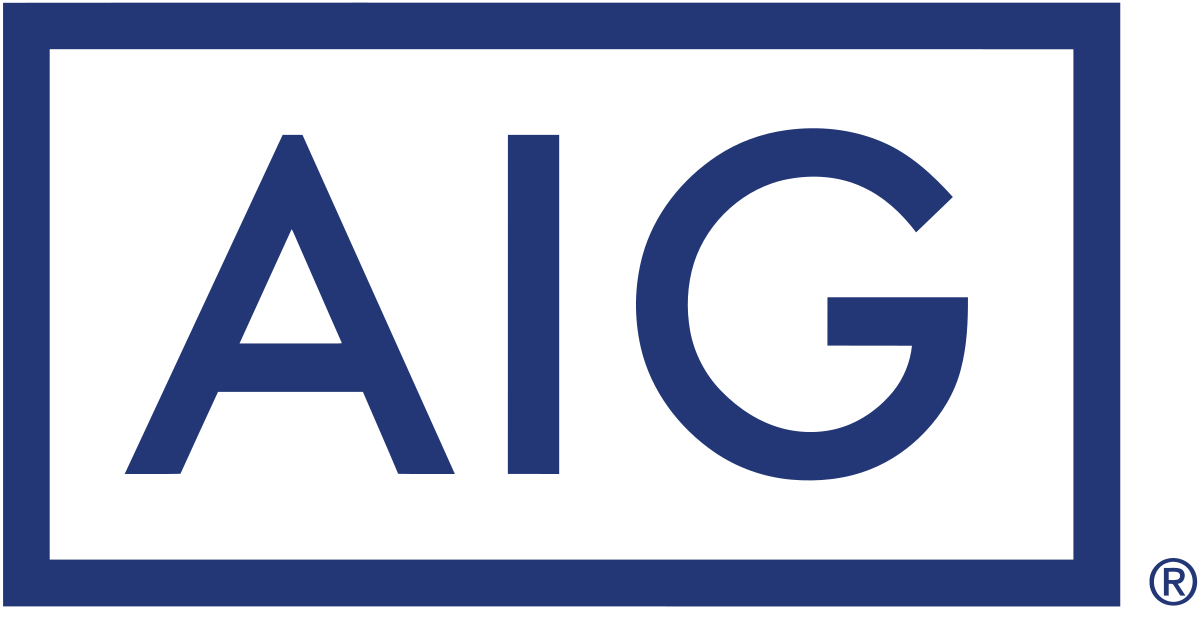"AIG" engines travel insurance market Launch "Sea Sand Sunny Finolhu Maldives"
Apr 07, 2015

Bangkok - April 8, 2015: Travel Guard, the world's leading in travel insurance, a product of AIG, has launched "Sea Sand Sunny Finolhu Maldives", an exclusive campaign to visit Club Med Finolhu Villas, the newest 6-star


